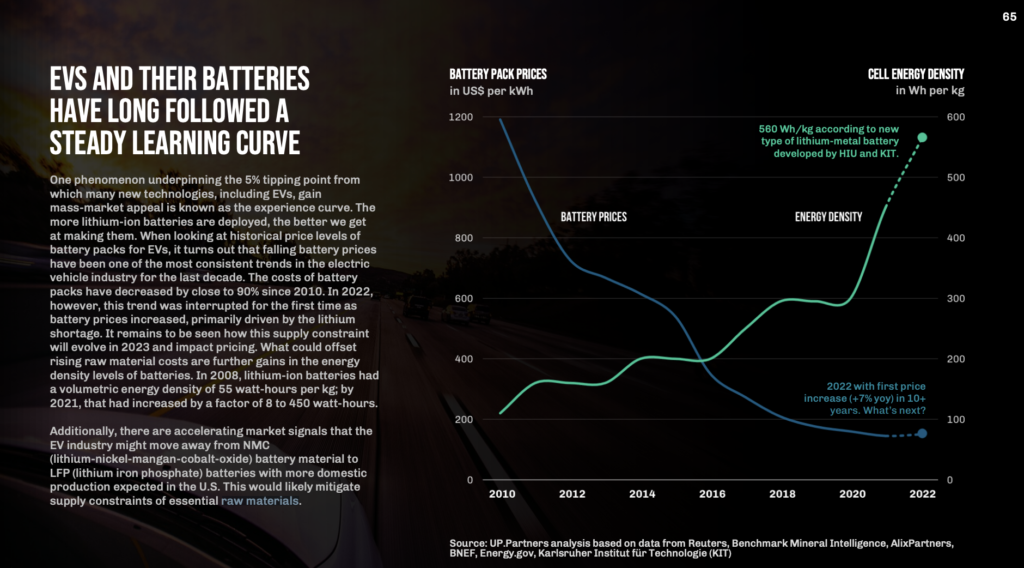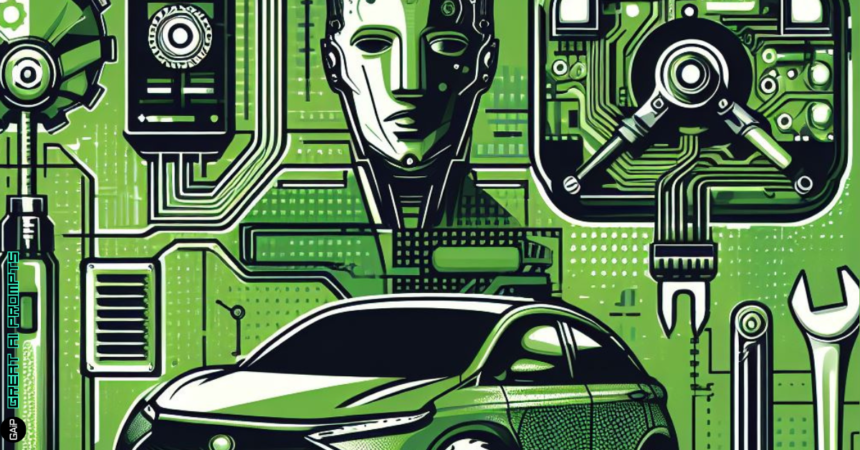- Porsche and UP.Partners unveil Sensigo, leveraging AI for vehicle repair improvements.
- Sensigo's platform aims to boost service center gains and reduce repair expenditures.
- The "2023 Moving World Report" by UP.Partners reveals potential challenges for the electric vehicle sector, including material shortages and infrastructure concerns.
October 5, 2023: German car manufacturer Porsche, in association with investor UP.Partners have introduced Sensigo. This new startup, based in California, employs artificial intelligence to assist vehicle service technicians.
The goal is to diagnose, tackle, and eventually foresee repair problems.
Sensigo boasts that its AI-driven service platform and tools can refine the repair journey for consumers and technicians. This innovation can lead to higher profits for service centers, decrease repair expenses, and limit warranty risks.
This development marks Sensigo as the second among the six mobility startups Porsche intends to roll out in collaboration with UP.Partners over the forthcoming three years. UP.Partners is a Santa Monica-based company that invests in and establishes mobility enterprises via its branches UP.Ventures and UP.Labs.
Their debut venture, Pull Systems, introduced earlier in March, focuses on the performance management of electric vehicle batteries.
UP.Partners’ list of investing associates isn’t limited to Porsche. It also includes prominent names such as Toyota’s Woven Capital, Alaska Air Group, and ARK Invest.
Their portfolio is enriched with aerial vehicle startups like Skydio and Beta Technologies.
Earlier this year, in February, UP.Partners published its “2023 Moving World Report“.
The study hinted at potential challenges for the automobile industry. It highlighted concerns that carmakers might not produce as many electric vehicles (EVs) as they desire. Additionally, the demand from consumers for these EVs might not rise as rapidly as expected, unless specific issues are addressed collaboratively by governments and industries.
One major issue spotlighted was the impending scarcity of raw materials required for batteries. This shortage could create a rift, pitting governmental regulations against the actual capabilities of manufacturing.

The study also pointed to other barriers that could hinder the swift production and demand of EVs in the US. These include ongoing disruptions in global supply chains, a lack of adequate vehicle charging facilities, and an overwhelmed electrical grid.









